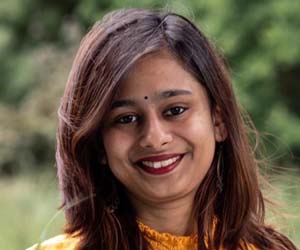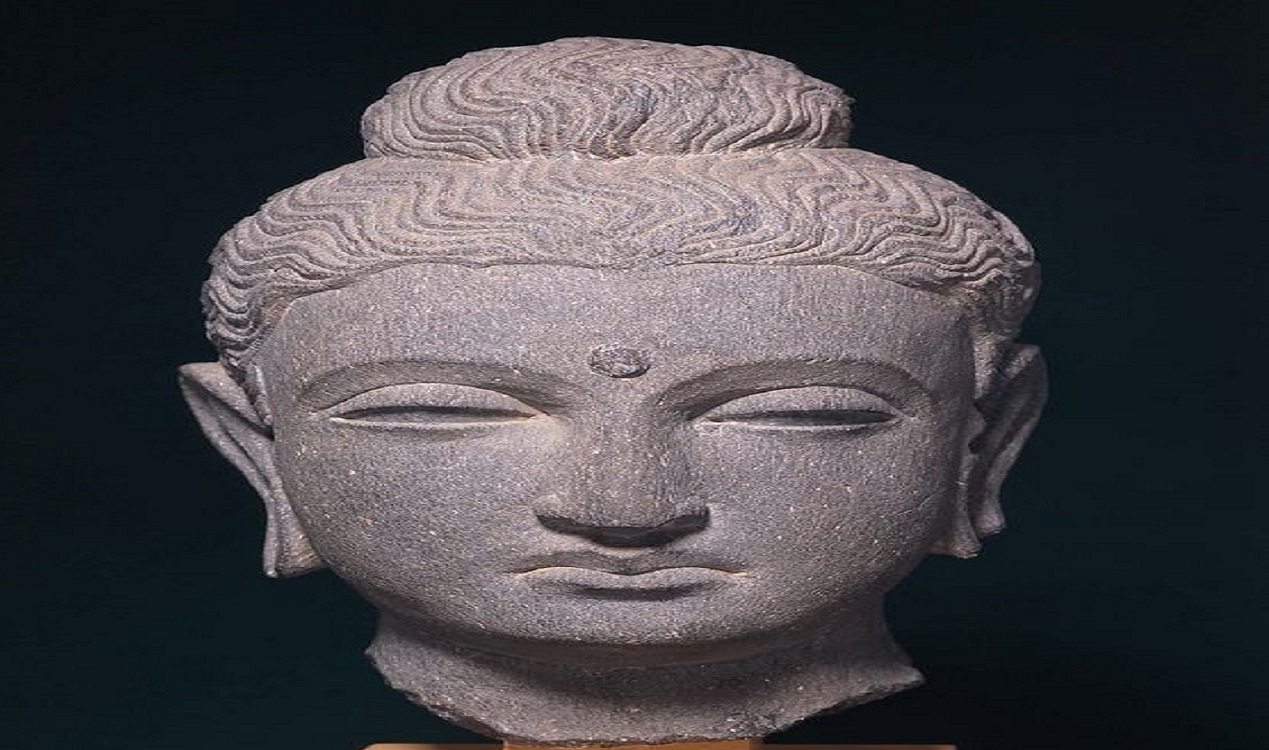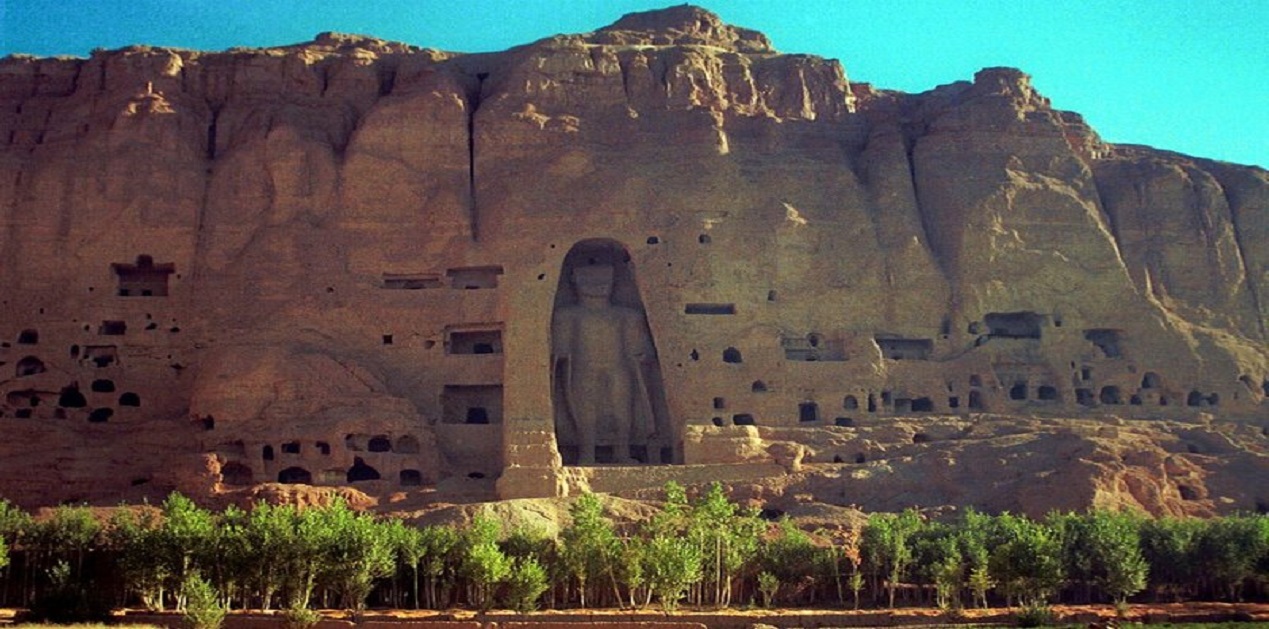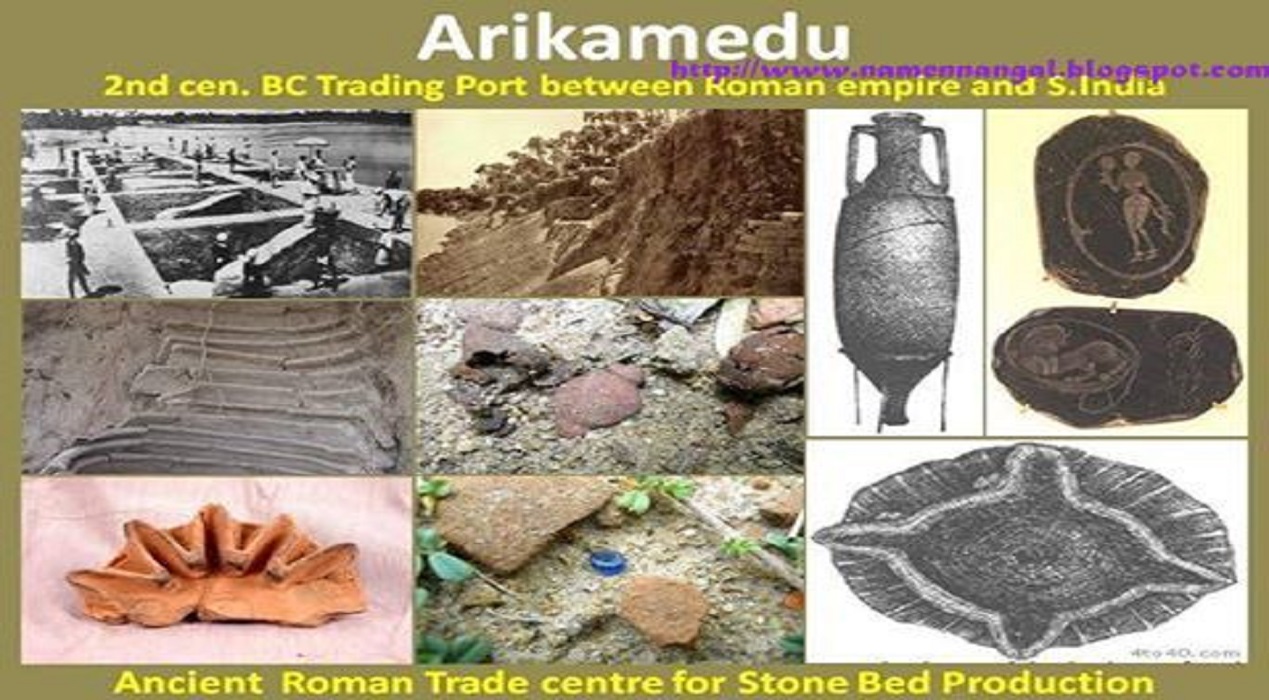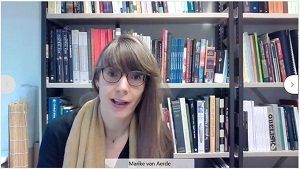Diversity within the Indian Subcontinent: Gandhara Region, its Art and Architecture
The Indian Subcontinent has always been at the crossroads of some major trade networks, such as the Silk Routes trade as well as the Indian Ocean trade. The Silk Routes trade and the Indian Ocean trade have both been looked at separately by most scho...
Change Language

Rishika has received her Bachelor’s degree in Archaeology from Maharaja Sayajirao University of Vadodara, India. She, then went on to pursue her Master’s from the Faculty of Archaeology of Leiden University, Netherlands. Currently she is a PhD candidate at Leiden University and her thesis focuses on ancient Afro-Eurasian trade networks and the role of Indian Subcontinent in these exchanges. This will be studied along with the connection between trade and Buddhism across the Indian subcontinent. Her recent fieldwork experience includes excavations at Nani Rayan in Gujarat, India, as well as an internship in Silk Roads ceramics analysis as part of the LID project (Leiden Inventory Depot) at Leiden University.
Contributions
- Bamiyan Buddhas and Afghanistan’s Cultural Heritage In Afghanistan, Buddhist cave temples are concentrated in three regions: Jalalabad (180 caves), Haibak (200 caves) and Bamiyan (1000 caves).[1] The Bamiyan Buddhas are part of a Buddhist site in Bamiya...Understanding Indian Heritage: Shedding the Colonial Past The Indian subcontinent was largely colonised by the British Empire for almost two centuries and an official establishment for archaeology was introduced by Alexander Cunningham, a British army engineer. He was the founder of the Indian Archaeologica...Tags: Historical and Civilisational Studies, Commentary, archaeology, Post-colonialism, Rouletted Ware
Event Reports
- Routes of Exchange, Roots of Connectivity-The Archaeology of Ancient India’s Trade Networks by Dr. Marike van Aerde On 19th January 2022 Vivekananda International Foundation (VIF) hosted Dr. Marike van Aerde for a talk on ancient trade connectivity and the integral role played by the Indian Subcontinent in these exchanges. The Director, Dr. Arvind Gupta’s openin...
Contact Us

